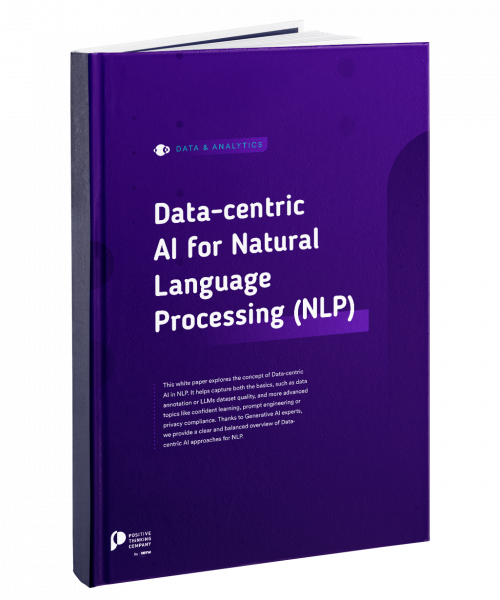In our journey through the LLM Mini-Series, we’ve delved deep into the transformative capabilities of Large Language Models (LLMs) in the Data and Analytics domain. In this final episode, we turn our focus towards a groundbreaking application—utilizing the Langchain Library to perform natural language queries on SQL databases, making the interaction with databases as simple as asking a question.
Utilizing Langchain Library for Natural Language Queries
The Langchain Library stands as a beacon of innovation, offering a seamless interface for interacting with SQL databases through natural language. In this episode, we explore itsfunctionalities and demonstrate its practical application. Here are the key takeaways:
- Introduction We kickstart the episode with an introduction to the use case, its real-world applications, and the transformative impact of natural language queries for working with databases.
- Crafting Queries: After introducing the SQL database used in the project, you can witness the simplicity of crafting natural language queries and their execution, showcasing the library’s versatility.
- Interpreting Results: Delve into the interpretation of the results returned by the queries, highlighting the library’s accuracy and efficiency.
Potential Applications and Use Cases
The Langchain Library, with its ability to facilitate natural language queries for SQL databases, opens up a world of possibilities across a myriad of industries. Let’s explore this technology’s expansive applicability and transformative potential in various industries.
Healthcare & Legal:
- Patient Data Retrieval: Healthcare professionals can utilize natural language queries to swiftly retrieve patient data from extensive databases, enhancing efficiency in diagnosis and treatment planning.
- Legal Document Retrieval: Law firms and legal departments can streamline the process of searching and retrieving relevant case files, contracts, and legal documents from vast legal databases using intuitive queries.
Finance & Human Resources:
- Financial Data Analysis: Financial analysts can employ natural language queries to extract and analyze specific financial data from large databases, aiding in more accurate forecasting and risk assessment.
- Employee Data Management: HR professionals can leverage this technology to manage employee data more efficiently, using natural language queries to access and update employee records, performance data, and other relevant information.
Retail & Real Estate:
- Inventory Querying: Retail managers can use natural language to inquire about stock levels, sales data, and customer information from extensive retail databases, optimizing inventory management and customer relations.
- Property Data Access: Real estate agents can effortlessly access property data, client information, and transaction records from real estate databases using intuitive queries, enhancing property matching and client satisfaction.
Cross-Industry Impact:
The Langchain Library’s adaptability extends its benefits beyond specific sectors. Its ability to facilitate natural language interactions with SQL databases promises to revolutionize data accessibility and interaction, addressing longstanding challenges and enhancing efficiency across various industries.
As we conclude our LLM Mini-Series, we reflect on the undeniable power and versatility of LLMs in transforming unstructured data into structured formats and simplifying interactions with databases. While the potential is vast, it is crucial to address the challenges and considerations to ensure the security and accuracy of this technology. Even if this is the end of our series, the journey of exploration and innovation in the world of LLMs is far from over.
Access the code model: https://huggingface.co/annavar/llm-miniseries-part4/tree/main
Subscribe to the Youtube channel: https://www.youtube.com/@Positive_Thinking_Company











